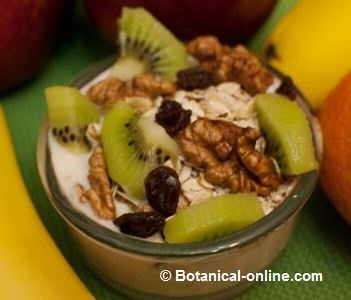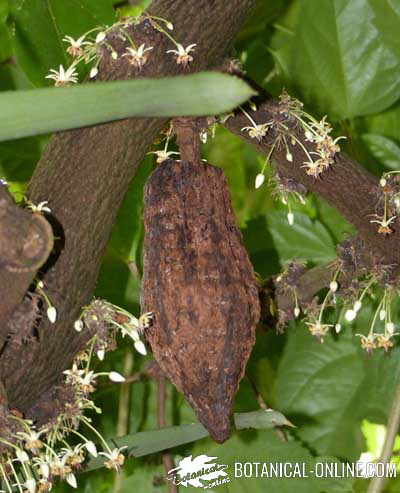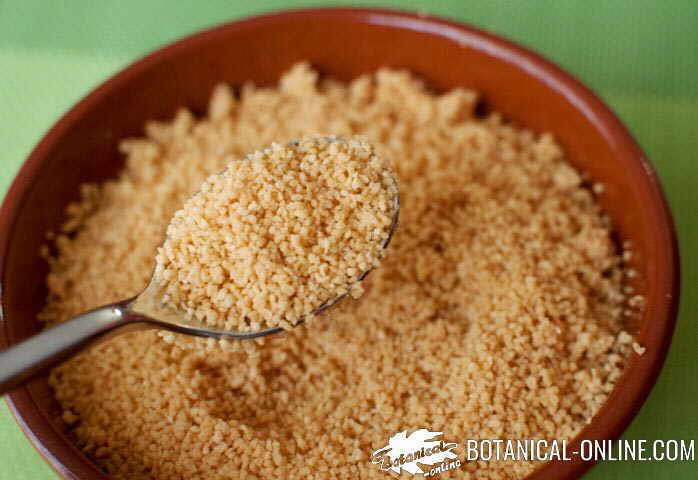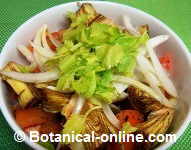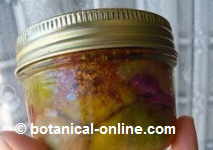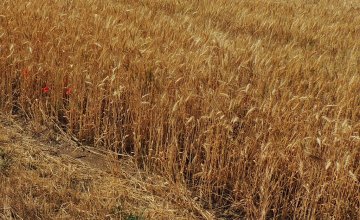Nutrition for herpes
Importance of food for herpes
Nutrition in the natural treatment of herpes involves the use of those foods suitable to prevent the occurrence of outbreaks and promote healing of wounds. Moreover, we should avoid food that can be harmful for herpes.
Suitable foods for herpes
Foods rich in vitamin C for herpes
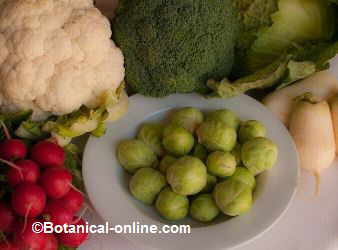
Because its antioxidant and healing properties, vitamin C helps prevent outbreaks or heal the wounds of patients with herpes in less time. Among the most suitable food rich in vitamin C we have citrus (oranges, lemons, grapefruit, etc.).
Vegetable sprouts and other dark green leafy vegetables are very rich in this vitamin, as well as other fruits (bananas, apples, melons, watermelons, carrots, pineapples, pears, papayas, barley, berries, celery, strawberries, grapes, figs, green beans, blueberries, potatoes, avocados,, cherimoyas, pomegranates, coconuts, etc.)
Foods rich in vitamin E for herpes
Like vitamin C, vitamin E or tocopherol is another antioxidant that protects cell membranes from oxidation. Tocopherol-rich foods are wheat germ oil, sunflower seeds, sunflower oil or olive oil.
Foods rich in lysine for herpes
Lysine is an amino acid that has proven very useful in the treatment of herpes. It is used as supplements (see listing below), but eating foods rich in this amino acid aids healing and retards the possible new outbreaks. Foods high in lysine are: bananas, celery, cabbage, papaya, carrots, figs, avocados, potatoes, grapes, corn, etc.
Among the animal foods that contain this principle are: fish and chicken.
Foods rich in bioflavonoids for herpes
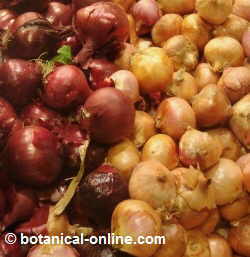
Most notably flavonoids and catechins from green tea, have a high ability to neutralize free radicals and prevent the pernicious effects these have on the health of our body.
Used as supplements often combined with vitamin C may be capable of neutralizing certain viruses such as herpes.
Bioflavonoids that have demonstrated antiherpetic properties are:
- Foods rich in catechins: Pears are rich in catechins.
- Foods rich in naringenin: Between them, we should distinguish peaches and citrus.
- Foods rich in routine: Such as melons, apricots, blackcurrants, blackberries or grapes.
- Foods rich in quercetin: In addition to onions or pears, they can be found in cabbage
Foods rich in zinc for herpes
Zinc promotes healing of wounds, zinc-rich foods are: celery, borage, figs, potatoes, sunflower, onions, potatoes, peaches, radishes, pears, potatoes, papayas, whole grains, etc.
Food not suitable for herpes diet
Foods rich in arginine
It has been found that the presence of elevated levels of the amino acid arginine contribute to increasing the opportunities to develop new outbreaks of herpes. We should avoid eating seeds or nuts.
We also must be very cautious eating many foods that contain this principle. Among them we can mention: pumpkin, sesame seeds, soybeans, watercress, almonds, beans, nuts, lentils, peas, spinach, asparagus, cashews, cauliflower, garlic, chicory, brussels sprouts, lettuce, cucumbers, eggplant, dried beans,
![]() More information about herpes
More information about herpes

